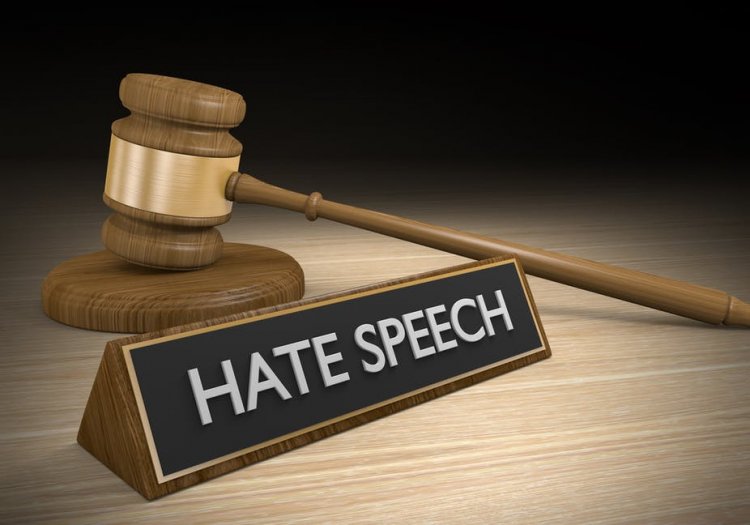Hate Speech: The Law
Asia News Agency

The hate speeches at the ‘Dharam Sansad’ (religious assembly) recently have been discussed in the media extensively with some supporting the utterances in the ‘Sansad’ and others vehemently opposed to it. Thulasi K. Raj (lawyer at the Supreme Court and the Kerala High Court) feels the “speeches at Haridwar crossed the line between hate speech and incitement to violence…..”
UN on hate speech
The criminal law or the Constitution does not define hate speech. The United Nations Strategy and Plan of Action on Hate Speech defines hate speech as “any kind of communication in speech, writing or behaviour, that attacks or uses pejorative or discriminatory language with reference to a person or a group on the basis of who they are, in other words, based on their religion, ethnicity, nationality, race, colour, descent, gender or other identity factor.”
Some media reports have referred to the ‘Dharam Sansad’ incident as one of hate speech. Legally and politically, writes Raj “it is vital to distinguish between hate speech and incitement to violence. Every hateful speech need not incite violence. The Haridwar incident went far beyond discriminatory language. By reducing the statements to hate speech, one might be changing the gravity and nature of the offence.
The law in India
"The incident must potentially attract numerous provisions of the Indian Penal Code. For instance, Section 153A punishes ‘promoting enmity between different groups on grounds of religion, race, place of birth, residence, etc’. ‘Imputations and assertions prejudicial to national integration’ are penalised by Section 153B. Section 505(c) penalises any statement ‘with intent to incite, or which is likely to incite, any class or community of persons to commit any offence against any other class.’ Section 108 criminalises abetment to crimes, including cases where the principal crimes are not committed. Section 120B punishes criminal conspiracy…..”
Case law: In S.R. Bommai v. Union of India (1994), the Supreme Court held that secularism is part of the basic structure of the constitution. This must be read along with civil rights guarantees of religious freedom under Articles 25 to 28 of the Constitution. After discussing various constitutional provisions, the Court said: “These provisions by implication prohibit the establishment of a theocratic State and prevent the State either identifying itself with or favouring any particular religion or religious sect or denomination. The State is enjoined to accord equal treatment to all religions and religious sects and denominations.”
Significantly, in Qurban Ali v. Union of India (2022), the Supreme Court has issued notice in the plea seeking investigation into the event at Haridwar.
















